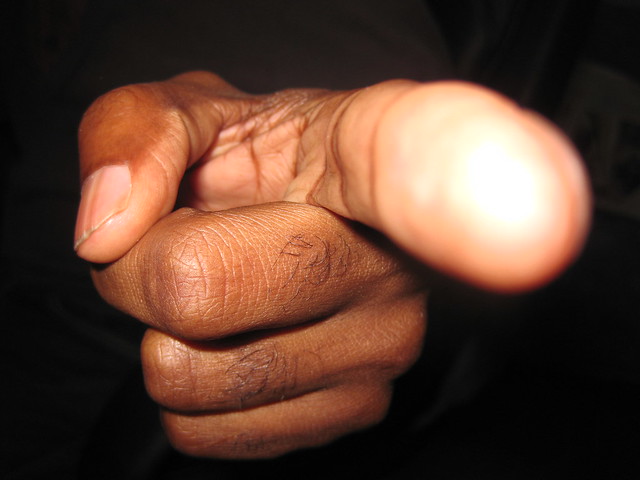
Everything that irritates us about others can lead us to
an understanding of ourselves
Being quick to judge other people is a fairly common mistake that we all make. Although we do this for a variety of reasons, it can cause challenges for us and for others. A lot of this happens because of the ways in which our brains operate. Especially when we have idle times, it is simply a non-productive habit that people easily fall into.
Why do we do this?
1. Assumptions. We are prone to mistaken assumptions about almost everything. Most people have strong views regarding issues in which they have zero practical experience. Whether you want to discuss vegetarianism, living the lifestyle of a monk or even space aliens, nearly everyone you speak to will have a pretty strong opinion, even when they have no real experience with any of these topics.
This happens in part because we get so much of our information and knowledge second hand. Keep in mind that many of the sources we rely on every day are likely derived in the same way, from someone else.
2. Patterns. We humans have patterned-seeking brains. When you are exposed to something new, your brain naturally seeks to connect it to something that you already know. This is often valuable and provides a sense of certainty and predictability. It helps you deal with the world.
However, these connections aren’t always sufficient to provide an accurate opinion. A degree of error is always brought into your “rough calculations” and then the resulting conclusions that you make have an even larger degree of error. Being quick to believe that your totally unrelated experience is a valid place from which to draw conclusions is usually your first error, and then it can only expand from there.
The perils of being judgmental
Being judgmental is hazardous both to you and to others. When you hold inaccurate opinions and share them, you steer other people in the wrong direction along with yourself. You also prevent yourself from being open to receiving new ideas and new opportunities. A high degree of self-awareness is needed to recognize when you’re wandering off the path.
How do you stop being judgmental?
The first suggestion is that you try suspending your judgment. The real key to unearthing your mistaken assumptions or incorrect pattern recognition is self-awareness.
Learn to recognize when your knowledge and relevant experience are lacking. Try asking yourself a few questions.
- What knowledge do I have that allows me to have this opinion?
- Is this knowledge valid? Is it true?
- Am I really an expert on this topic?
- Is my ego involved?
When to use your judgment?
But judgment, all by itself is not bad, The issues start when you act on or pass on faulty or flawed information. On the other hand, careful judgments can be beneficial for us. After all, what you choose to wear and eat every day requires a judgment call. So how do you know if your views and decisions are solid?
The answer to this is really quite simple. Ask yourself: How accurate are my predictions? If you can anticipate outcomes well for a given topic, you can feel confident that your judgment is pretty good.
If a situation doesn’t involve risking your health or someone else’s, try to hold off on forming a strong opinion, until you’ve actually given the new activity a try. How often have you stopped yourself from trying something new because you had already made up your mind that it wouldn’t work?
You will be amazed at how your life will blossom when you cultivate an open mind and stop pre-judging everyone and everything.
Until you value yourself, you will not value your time.
Until you value your time, you will not do anything with it.
What have you recently made an assumption about that turned out to be totally wrong?
photo credit: http://www.flickr.com/photos/skambalu/3393561674/sizes/z/in/photostream/




